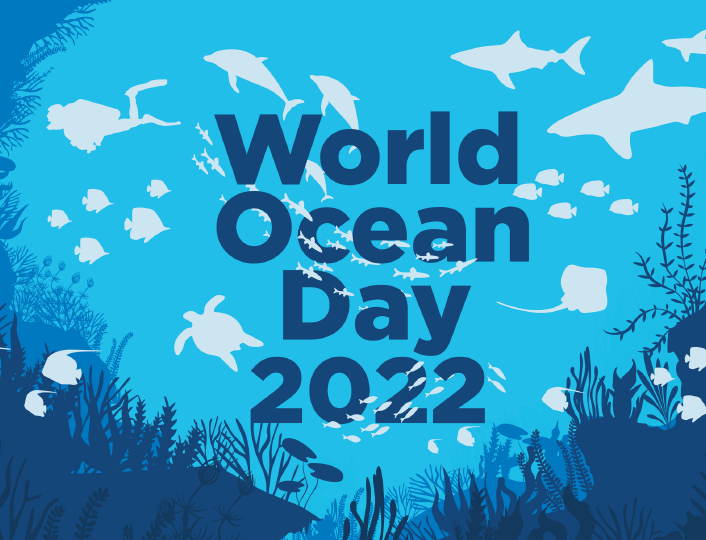Special report by The Bridge Tank and AFD: Sharing knowledge, experience & tools in the Blue Economy, the example of the Bay of Bengal
CHASING THE ECOLOGICAL AND SOCIAL SIDE OF THE INDO-PACIFIC
One observes a global trend to focus on the Indo-Pacific, mainly emphasizing security-diplomatic aspects. However, in view of the pessimistic evolution of climate change and oceanic systems, the notions of development and protection of unique ecosystems must be at the heart of the debates in a strategic region, whose shores host hundreds of millions of people, as the Bay of Bengal.
On the occasion of World Ocean Day on June 8, The Bridge Tank and the French Development Agency – Agence Française de Développement (AFD) are pleased to share a special report on the rise and positive monitoring of the blue economy in the Bay of Bengal, focusing on Bangladesh, India and Sri Lanka.
This report is an outcome of a year-long collaborative effort with key actors in the blue economy sector over three interactive workshops with these.
ORIGIN, MOTIVATION AND FINDINGS OF THE REPORT
The blue economy is much debated by policymakers. However, it hardly gathers a scientific consensus on its definition or perimeter of issues, neither in physical nor social sciences. Still, it exists, and seldom are its de facto actors properly investigated or listened to systematically and reported upon in an accessible manner.
We created an arena for dialogue and gathered a catalog of best practices:
- In a context where the blue economy is also the other facet of security concerns around the notion of the “Indo-Pacific” position, we wanted to provide an open, trusted space of informed speech across the geographies of South Asia and France.
- Development over shared resources must start with shared data. By collecting the expertise of local actors, we wished to give them a voice to participate in the global awareness of ocean issues. Their contribution unveiled a trove of skills and wills, which is at the origin of our report. First cooperations our exercise led to, give hope on the possibility of joint creation and management of data systems to safeguard fish and coastal resources, to develop sustainable infrastructure and regional scientific knowledge. If at all, one lesson stands out: local centres have more scientific skills and knowledge on their zone of the tropics than global organisations have, and surely the latter can learn a lot from the former on the future of global oceans.
The main objective of World Ocean Day is to raise awareness on collective actions to a larger audience. By sharing our work, we aim to participate in this collective action that supports healthy oceans and its resources, and further strengthen the global impetus to protect at least 30% of our lands, waters and ocean by 2030 (30×30). Read our report here.
About the writers: The Bridge Tank is an international, not-for-profit, independent think tank specializing in emerging economies and affiliated to the G20, global industries, sustainable development and global public goods, partnering with the French bilateral aid in this series of workshop. The AFD funds, supports and accelerates the transitions to a fairer and more sustainable world. This collaboration is a part of AFD’s strategic thinking and development and financing interventions in the region.

